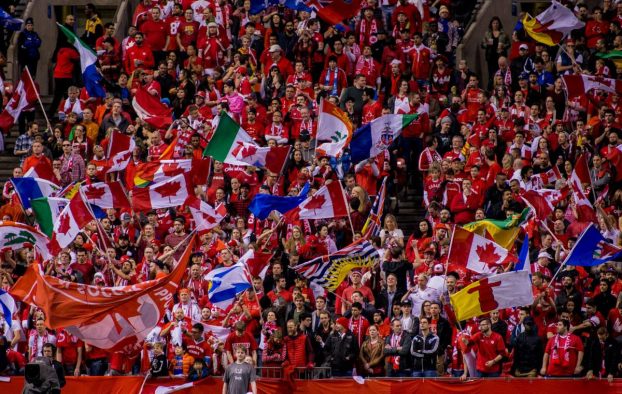Events, Seasonal and Short-Term
Situation Analysis: Since its launch in 1971, the Egg McMuffin, a staple of McDonald’s breakfast menu, has come under pressure from quick-service restaurant competitors launching new breakfast menu items, including direct copycats. So while the McDonald’s Egg McMuffin had 98% awareness, consumers weren’t purchasing it as frequently. Reminding consumers that the iconic taste of the McDonald’s Egg McMuffin could only be found at McDonald’s had limited effect, but wasn’t increasing frequency of purchase. With goals to increase 2014 breakfast sales by 10% and add a full share point to QSR morning meal dollar share, a new message was required about a breakfast sandwich that remained unchanged after 40+ years.
Insight & Strategy: Research identified that consumers assumed something so delicious couldn’t be good for them and therefore didn’t buy it as often as they wanted. One fact never previously overtly communicated was that the McDonald’s Egg McMuffin was only 290 calories, news that surprised focus group attendees and had potential to drive permissibility and frequency of consumption. This message could resonate particularly strongly during January; a time of year when consumers feel guilty following holiday indulgences and renew their health conscious resolutions, which often results in quick-service restaurants receiving fewer visits.
Execution: Beginning on Jan. 1, 2014, the campaign ran across Canada on television (30- and 15-second spots), digital, pre-roll, owned YouTube, Facebook, Twitter and radio. The story was built around a workday professional at his desk enjoying the McDonald’s Egg McMuffin when he spots the 290 calorie nutritional claim for the first time and feels the need to tell his co-worker. As his co-worker begins to react with a surprised “Whaat!?” another co-worker stops to inquire, followed by another and another. The 30-second radio creative featured the same “Whaat!?” reaction told through a gentlemen who believes everyone’s reaction to the 290 McDonald’s Egg McMuffin message would always receive a “whaat!?” response. Broadcast media was focused around the morning daypart and radio targeted consumers during their morning commute.
Results: The original McDonald’s Egg McMuffin received a 33% lift in sales during the campaign window, (with a peak of 43% during the third week). Sales sustained at higher levels post-campaign. McDonald’s share of the morning meal segment increased by 1.5% versus the objective of 1.0%.
Cause & Effect: The product sales saw an immediate increase as soon as the advertising started, peaked mid-campaign and dropped off after the advertising finished (although it did sustain higher than ingoing). There were no changes to distribution, pricing or levels of promotional support during this time.
Credits:
Client: McDonald’s Canada
CMO: Joel Yashinsky
Director of marketing – breakfast, McCafe & beverages: Catherine Crozier
Senior director – creative and digital innovation: Hope Bagozzi
Senior category marketing manager – breakfast: Angie Law
National marketing specialist: Jocelyn Young
Directrice de la publicite mationale: Guylaine Hudon
Creative specialist: Gemma Templeton
Agency: Cossette
Co-CCOs/CDs: David Daga, Matthew Litzinger
CD: Christian Desrosiers
SVP, national brand leader: Valerie Swatkow
Brand group director: Carolyn Scharf
Brand supervisor: Genevieve Cote/Traci Ruysseveldt
Account coordinator: Eve Cuthbertson
Sr. CW: Peter Gardiner
Sr. AD: Ken Fothergill
Broadcast producer: Heather Moshoian
Brand director: Marianne Poirier
Brand supervisor: Marie-Andrée Dupont
CW: Mélanie Delisle
Producer: Annick D’auteuil
Media agency: OMD
Managing director: Lori Gibb
Group director of strategy: Jeremy Graham
Senior strategist: Sofia Sourtiz
VP broadcast manager: Doug Scott
Digital agency: Tribal DDB
ACD: Ben Playford
AD: Amy O’Neill
CW: Tracy Wan
Producer: Chris Webden
Account director: Ryan O’Hagan
Account coordinator: Taylor Pawsey
Flash developer: Heung Lee
























